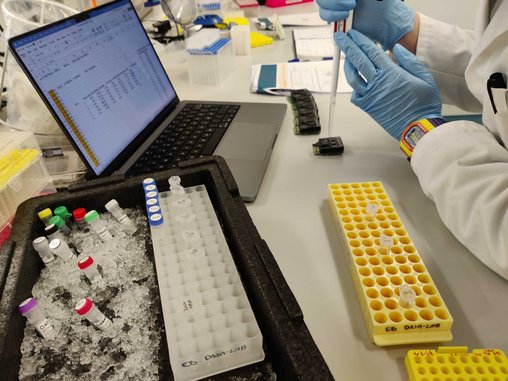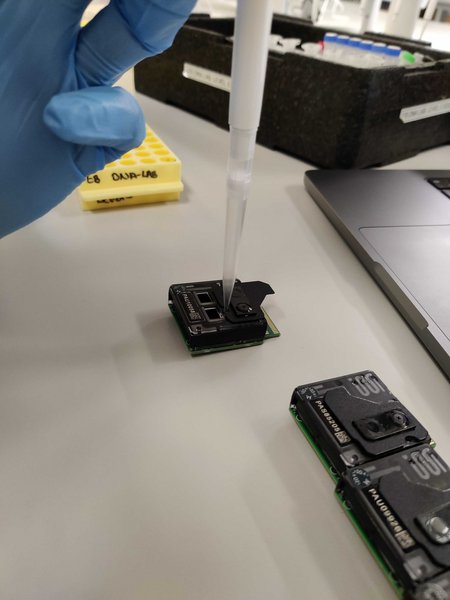Exploring Microbial Mysteries: Paving the Way for Healthier Humans and Happier Pigs
As antimicrobial resistance (AMR) emerges as a pressing global health concern, PIG-PARADIGM is dedicated to contributing to the collective effort to combat it. While many of our researchers are dedicated to advancing fundamental knowledge of the pig gut microbiome and its interaction with nutrition and the host, we also have some participants who are exploring the physiological similarities between humans and pigs in digestive processes and enteric diseases.
Dive into this insightful blog authored by our PhD student, Stine Karstenskov Østergaard, to explore the parallel investigations into human-pig similarities within PIG-PARADIGM.
Stine Karstenskov Østergaard
PhD Student
Department of Chemistry and Bioscience
Aalborg University
Research Topic: To utilize a multi-omics approach to investigate local changes to the intestinal microbiome in patients diagnosed with ulcerative colitis (UC) exploring the connection between inflamed tissue and dysbiosis
Email: skoe@bio.aau.dk
By Stine Karstenskov Østergaard
My Phd study aims to investigate local changes within the intestinal microbiome of individuals diagnosed with ulcerative colitis (UC). Through examination of biopsies, we aim to deepen the understanding of how inflamed tissue, markers of inflammation, and dysbiosis interplay within the human gut. This multidimensional approach involves state-of-the-art molecular techniques, including Nanopore sequencing, providing us with a comprehensive view of the microbiome's composition and function.
Parallel Exploration: Humans and Pigs
What makes our study truly groundbreaking is its parallel exploration in the porcine world. By capitalizing on the physiological similarities between humans and pigs in digestive processes and enteric disease, we aim to draw parallels and distinctions. Our focus is on colitis-complex diarrhea (CCD), a condition in growing pigs that shares intriguing similarities with human IBD, particularly ulcerative colitis.
Why the Pig Connection Matters
Understanding the microbial composition and its function in inflamed and non-inflamed enteric sites in both humans and pigs opens up new avenues for translational research. Colitis-complex diarrhea in pigs poses significant challenges for the swine industry, affecting animal welfare, growth rates, and necessitating high antibiotic usage. By comparing our human and pig microbiome studies, we hope to shed light on the multifactorial nature of CCD and explore whether pathogens are a cause or consequence of inflammation.
Insights gained from our human and pig microbiome investigations may pave the way for microbiome-based disease monitoring and treatment strategies. The interdisciplinary nature of our research not only deepens our understanding of IBD but also offers practical implications for disease prevention, management, and a reduction in antibiotic usage in both human and animal health.



